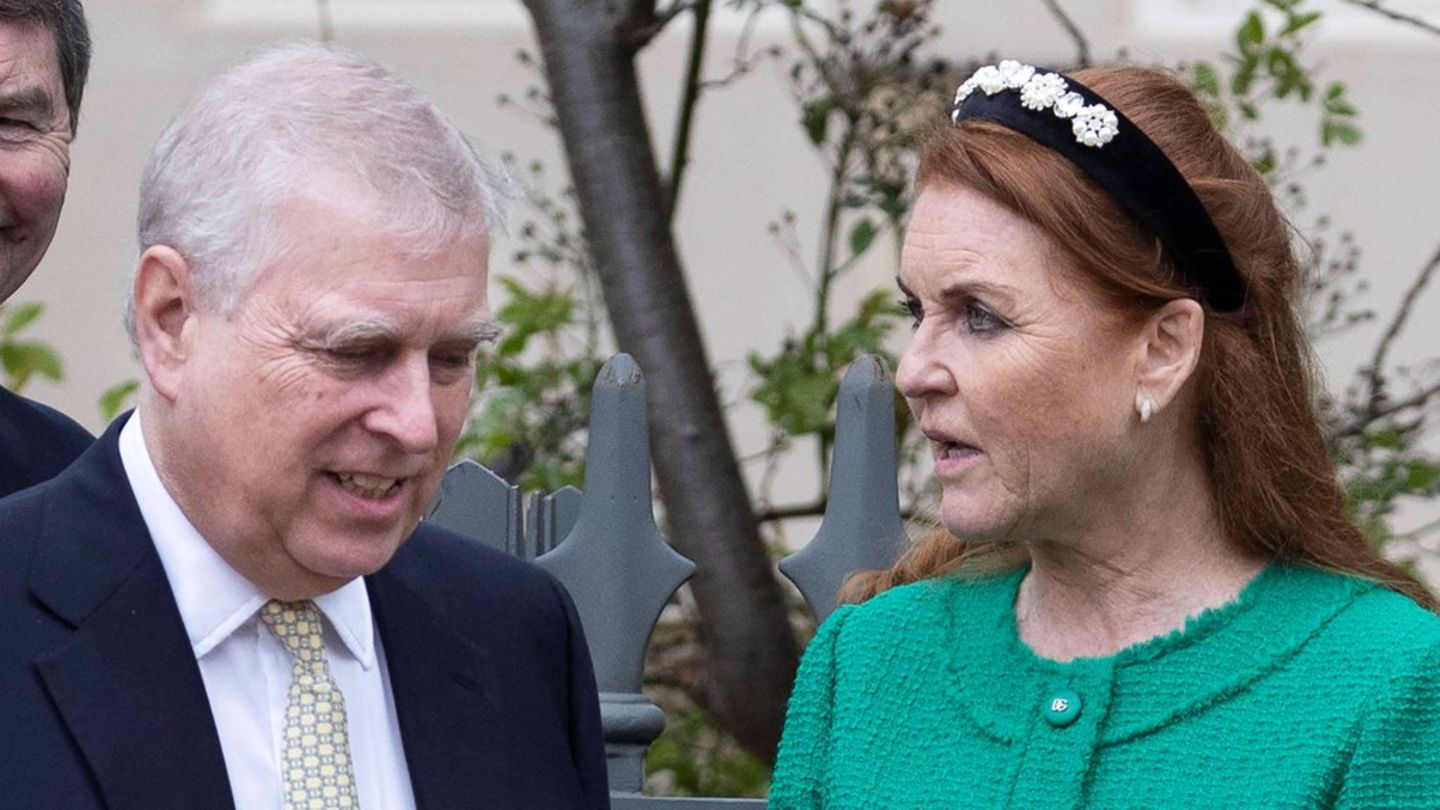US and Russian officials said Blinken and Lavrov chatted for about 10 minutes on the sidelines of the G20 foreign ministers’ meeting in New Delhi, the Indian capital, in an exchange that appeared to have done nothing to reduce the animosity.
After the brief meeting, Blinken said he urged Lavrov to stop Russia attacking Ukraine and Lavrov accused the United States of blocking peace talks and encouraging Kiev to keep fighting.
At a press conference, the Secretary of State said he had conveyed to his Russian counterpart that the United States will continue to support Ukraine for as long as necessary and will press for an end to the war on diplomatic terms agreed to by Kiev.
“End this aggressive war, engage in diplomacy that can produce a just and lasting peace,” Blinken said he had told Lavrov.
However, he added that Russian President Vladimir Putin “has shown zero interest in getting involved, saying there is nothing to talk about until Ukraine accepts the new territorial reality” of the Russian military occupying vast territories in the east and west. south.
Lavrov, who did not mention speaking to Blinken, told reporters that Moscow would press ahead with its offensive in Ukraine and denied claims by the United States and its allies that it has been cut off by the invasion.
“We don’t feel isolated. It is the West that has isolated itself, and it will eventually realize that,” he noted.
The minister added that Russia remains open to talks on ending the conflict in Ukraine, but accused the West of blocking such dialogue.
“They are asking us to have talks, but I don’t remember any Western colleagues asking Ukraine to have talks,” he said.
On the contrary, “they are encouraging Ukraine to continue the war,” he claimed, Russian state news agency Tass reported.
Russia had no immediate comment on the content of the conversation, but Russian Foreign Ministry spokeswoman Maria Zakharova said Blinken had asked to speak with Lavrov and downplayed the meeting.
Lavrov “spoke to him, standing up, as part of the second session of the G20. There was no discussion or a real meeting,” he told the Russian news agency Ria Novosti.
It was the first contact between the two ministers since the end of July 2022, when they spoke by phone about a US proposal for Russia to release Paul Whelan, a former marine imprisoned since 2018.
The last time Blinken and Lavrov met in person was in Geneva, Switzerland, in January 2022, on the eve of the invasion of Russia.
At that meeting, Blinken warned Lavrov of the consequences Russia would face if it went ahead with its planned military operation plans. He also said he had paid attention to Putin’s concerns about his country’s security.
At the time, Russia had hundreds of thousands of troops deployed on the Ukrainian border. The United States was asking him to withdraw them, and Putin said he would do so only if Ukraine renounced NATO membership.
Blinken then canceled a follow-up meeting with Lavrov that was due to take place on February 22, 2022, two days before Russia finally invaded Ukraine.
The two ministers have attended several international conferences together since the war began, such as the G20 foreign ministers’ conference in Bali, Indonesia, last year.
However, they had not met face to face until yesterday, thanks to their coincidence in New Delhi for the G20 foreign ministers’ meeting, which was dominated by the war in Ukraine and China’s growing global influence.
Russia and China were the only members of the group of 20 leading world economies, including Argentina, who disagreed with the final declaration of the meeting, which calls for the “complete and unconditional withdrawal of Russia from the territory of Ukraine.”
Indian Foreign Minister Subrahmanyam Jaishankar said there were “divergences” about the war in Ukraine “that we could not reconcile because various parties had different points of view.”
He added that, however, the ministers agreed on most of the issues that concern less developed nations.
“Like the strengthening of multilateralism, the promotion of food and energy security, climate change, gender issues and the fight against terrorism,” he added.
Source: Ambito




